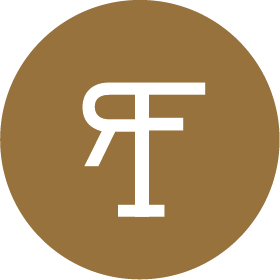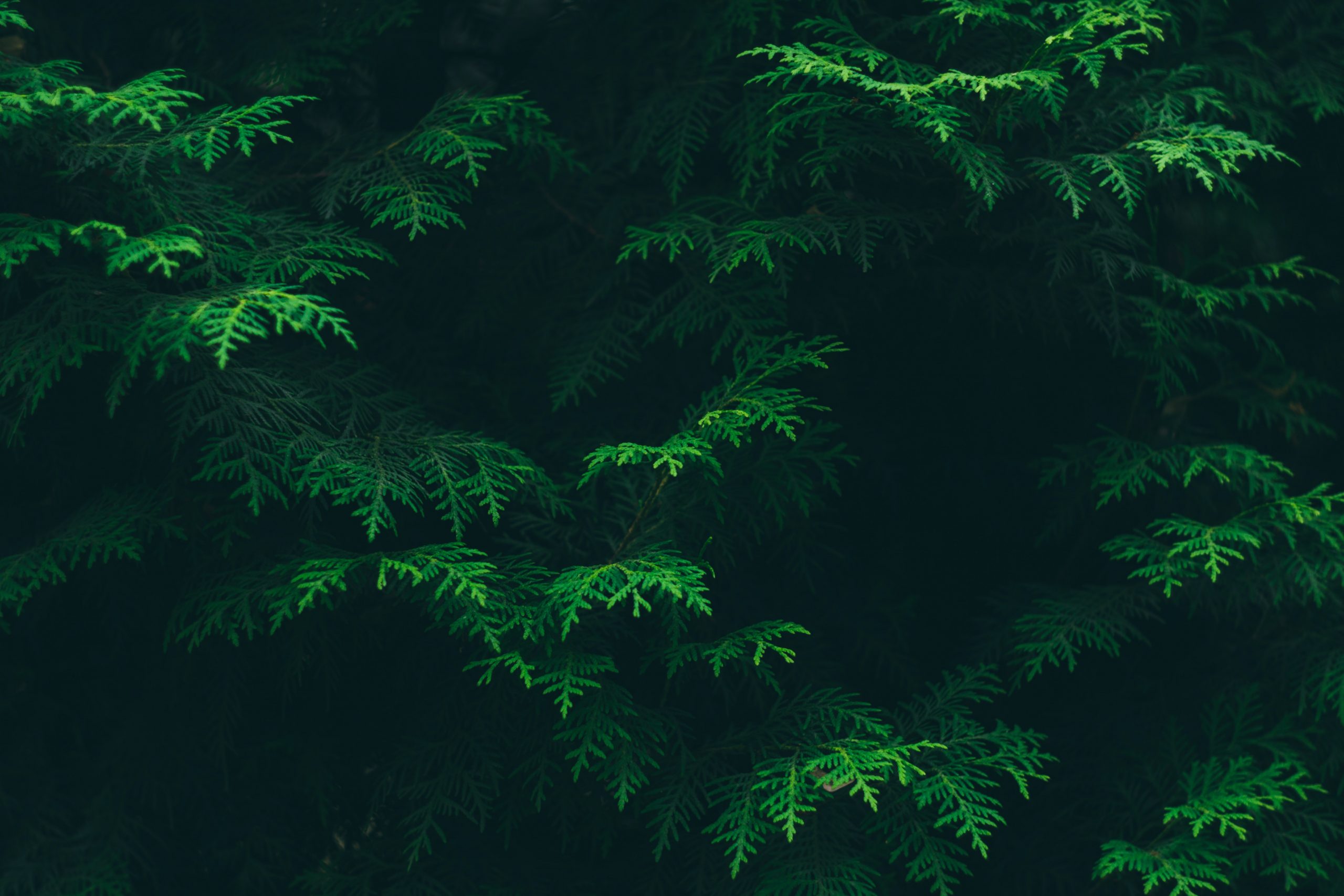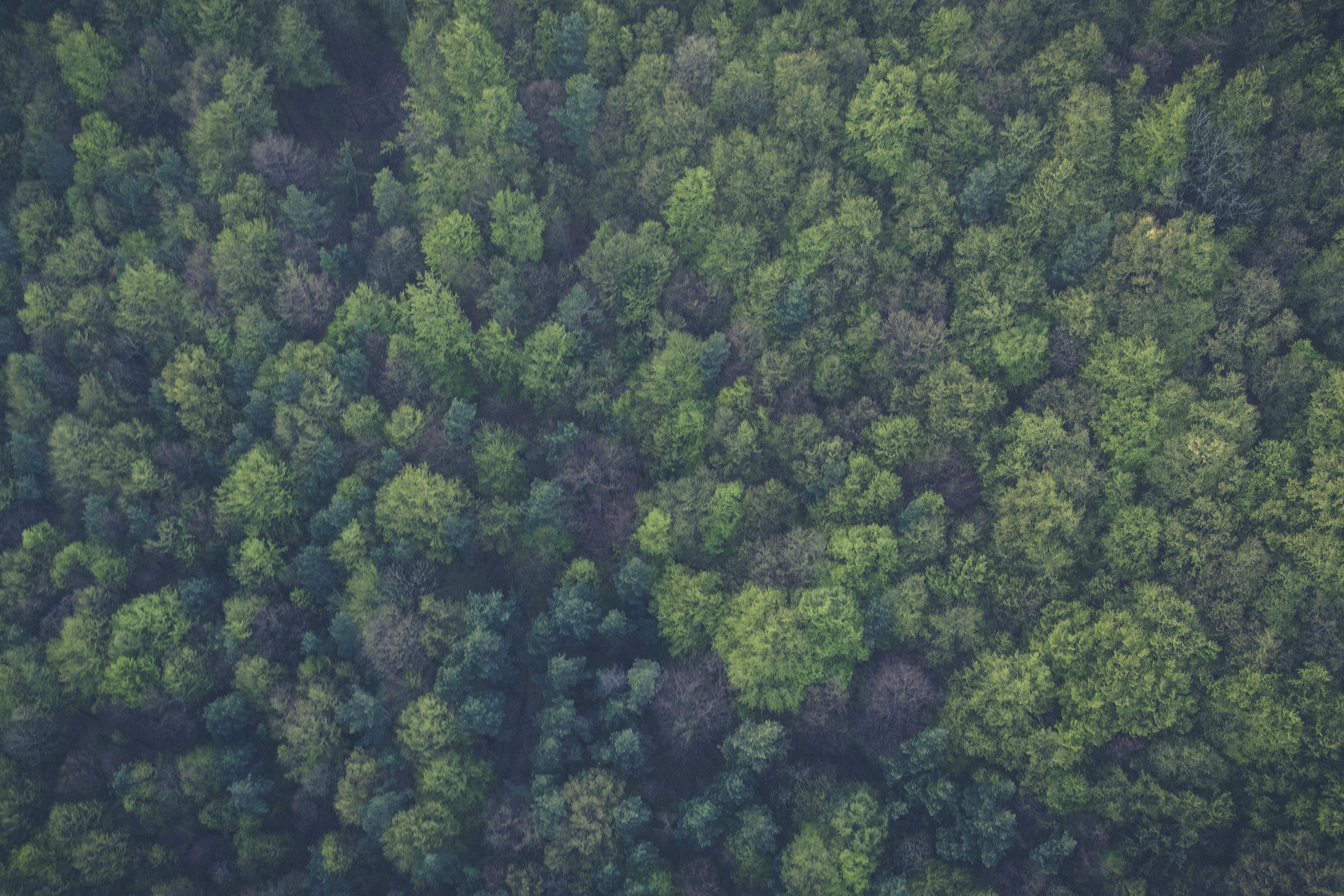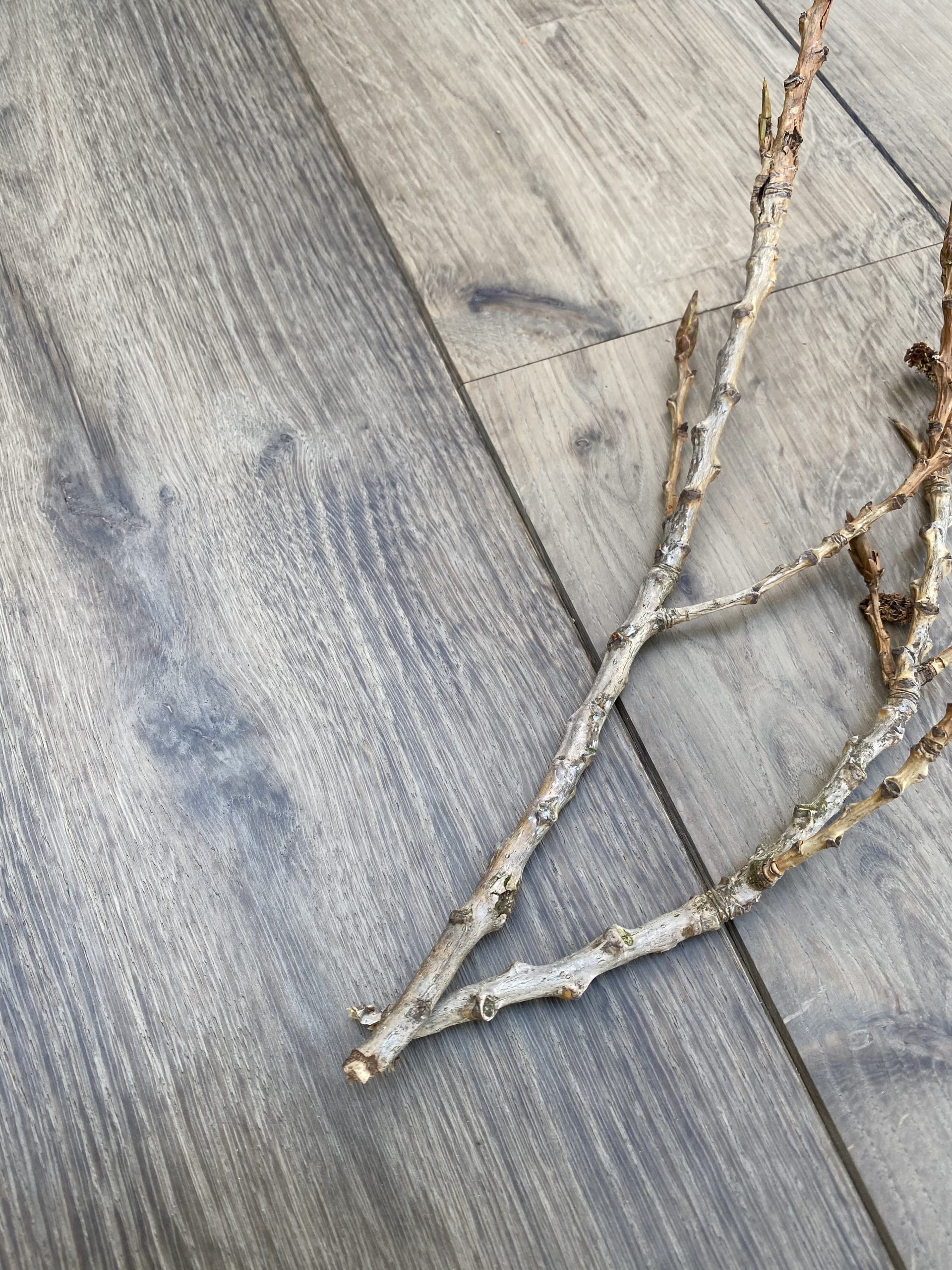
The Soul Of A Tree
I wasn’t planning to write a follow-up letter but thank you. I wasn’t expecting a response and so many messages of encouragement for what we do. Writing doesn’t come easy to me, I prefer to draw pictures, yet here we are!
A heartfelt thank you to all who wrote back. With your kind words and encouragement, we are more determined than ever to continue doing what we do best as authentically as we can. I had no idea that so many of you would resonate with our core values, more specifically – slower living.
This idea of slowness in our lives is catching on. So much so, I’m seriously considering creating an online space or forum to continue with this conversation. Here is a recap from April 2nd:
When the world moves fast, we move slow, and when the world takes, we give. When the nature that surrounds us calls, we learn to listen.
The Soul Of A Tree is our métier, it’s what we do: Slow, Generous, Strong. Rooted.
In these times of uncertainty, I worry my roots may not be strong enough.
Has your world slowed down recently too?
My world has and it reminds me of how grateful I am for the simple things, small things, slow things and how fast-livings become the norm. Let’s enjoy slowing down.
Almost 7 weeks into lockdown, many of us are spending more time with our own thoughts than ever before, a source of comfort for some and torment for others. Perhaps now a good time to consider the benefits of slowing down.
Introversion v’s fast-paced Extroversion?
There is a wonderful book I read recently called: Introvert Power – Why Your Inner Life Is Your Hidden Strength (By LAURIE HELGOE, PH.D.)
Amazon Link >
Here are a few ideas and quotes I noted down for myself, I’d love to know what you think if you’ve read the book or you have been questioning the significance of Introversion or Extroversion in your life.
In essence, Dr. Laurie Helgoe tells us:
“Introvert Power provides an alternative to the extroversion training you’ve been receiving all your life. As unnatural as extroversion has felt to introverts, we’ve gotten used to it. Rather than putting a thin coat of introversion over layers of extroverted thinking, Introvert Power asks you to strip down your thinking first and then dip into your true colors.” (Authenticity?)
What is Introversion?
“Introversion is an inward orientation to life, and extroversion is an outward orientation. Though you probably use both introversion and extroversion, one of these orientations usually feels more like home—more comfortable, more interesting and more energizing—than the other. Introverts prefer introversion; we tend to gain energy by reflecting and expend energy when interacting. Extroverts have the opposite preference; they tend to gain energy by interacting and expend energy while reflecting.”
Are you being authentic and true to your nature?
“Your nature is not the problem. The problem is that you have become alienated from your nature—from your power source. As Isabel Briggs Myers discussed in her book, Gifts Differing, “The best-adjusted people are the ‘psychologically patriotic,’ who are glad to be what they are.” For introverts, this means, “Their loyalty goes to their own inner principle and derives from it a secure and unshakable orientation to life.”
Psychologically patriotic? I think this means ‘Those who are glad to be what they are.’
Was there a class on ‘how to isolate’ in school?
“From a young age, most of us are taught the value of social skills. We learn how to introduce ourselves, how to smile and be polite. We are told to be friendly and make friends. These are all useful abilities to develop. But how many of us are taught the value of solitude skills? How many of us are taught to protect our boundaries, to foster imagination, to be alone? How many of us are encouraged to withdraw from social activity and nurture the life of the mind?”
These ideas make me think about how the majority of schooling leaves many ill-prepared in times like these. On a positive note, something good might come out of lockdown as more consideration is given to the mental health challenges we all face at some point in our lives. Collectively we learn to overcome the stigma of mental illness.
Pandemic Covid 19 has opened up conversations and concerns about what people are doing to cope with the lockdown. Studies show that 21% of Brits are drinking more than usual during the lockdown. How about Netflix & increased screen time?
If it’s true that in today’s distraction economy tech companies are making online addicts of many of us, then tech companies have powerful, pervasive tools to influence, and prey on, our psychology. Silicon Valley is no stranger to exploiting the brain chemical credited with keeping us tapping on apps and social media.
Sean Parker, the 38-year-old founding president of Facebook, admitted that the social network was founded not to unite us, but to distract us. “The thought process he says was: ‘How do we consume as much of your time and conscious attention as possible?’. To achieve this goal, Facebook’s architects exploited a “vulnerability in human psychology”, explained Parker, who resigned from the company in 2005.
These internal battles with temptation and addiction are battles with our brain chemistry and battles with dopamine release. Dopamine has been described as ‘our temptation motivator’, and a surge of dopamine becomes a rush of chemical pleasure in the brain.
Experiences that make us feel good, including using alcohol, drugs and distracting technology activate our brain’s reward center, which responds by releasing dopamine. This release causes our brain to focus more of its attention on the experience. As a result, we’re left with a strong memory of the pleasure we felt. A strong memory can prompt us to make an effort to experience it again and again and this can lead to an addiction to our smartphones, cigarettes, alcohol and drugs.
If you find yourself concerned, the first baby step toward gaining control of our addictive behaviours is understanding why they’re taking place. Do we need to reach for our smartphone every time it pings? This is a pleasure-reward response, did I feel that micro hit of dopamine?
Uh, oh. I just got a notification from a valuable client at 9pm, then I found myself watching those funny cat videos for 40 seconds, over to LinkedIn for 8 seconds, then to Instagram for 90 seconds, back for more cat videos and then doh, my mindful space falls by the wayside and I’m living inside my distracted universe. Thank you technology.
Surely the only answer is to regress back to childhood and become 7 years olds again, relearn how to delay gratification just a little and learn to truly enjoy the small and quiet pleasures in life, a little at a time.
With lockdown in place and our physical freedom encumbered, where lies our freedom? With our sense of mental focus and self-controlling hijacked inside our own homes, where lies our freedom?
How to be free in lockdown?
Ideas of freedom bring to mind a book sitting on my dusty shelf from 2018, called ‘How to Be Free: An Ancient Guide to the Stoic Life’ (By EPICTETUS and translated by A. A. LONG.)
“This book presents an ancient Greek philosopher’s take on freedom — freedom construed as living in agreement with nature, owning and ruling oneself, becoming a world citizen, desiring always and only what you are assured of getting—and much more. Epictetus (AD 55-135), our author and guide to the Stoic life, was born a slave (his Greek name means ‘acquired’), and entered service as a slave in the household of Epaphroditus, a power broker in Nero’s Rome, and himself a freedman. By the time Epictetus publicly delivered his thoughts on freedom, he had enjoyed many years of manumission, but the experience of slavery left its mark on his philosophy through and through. The first lesson of the Encheiridion, his handbook guide to Stoicism, insists that everything that is truly our own doing is naturally free, unimpeded, and unconstrained. Freedom, according to this notion, is neither legal status nor opportunity to move around at liberty. It is the mental orientation of persons who are impervious to frustration or disappointment because their wants and decisions depend on themselves and involve nothing that they cannot deliver to themselves.” A. A. Long.
I love this quote and that it was written over 2000 years ago:
But slaves, like everyone else, had minds, and minds as, as well as bodies, subject to freedom and constraint. You can be externally free and internally a slave, controlled by psychological masters in the form of disabling desires and passions and cravings. Conversely, you could be outwardly obstructed or even in literal bondage but internally free from frustration and disharmony, so free in fact that you found yourself in charge of your own well-being, lacking little or nothing that you could not provide for yourself. The latter, in essence, is the freedom that Epictetus, the ancient Stoic philosopher, made the central theme of his teaching.” A. A. Long.
Our real sense of freedom, Epictetus tells us is within our own mind and our ability to focus on what is important. Perhaps learning to observe our thoughts from a distance before reacting, learning to control our attention better, learning to beat our addictions and distractions are now more important than ever.
When in lockdown or in normal daily life, is our attention being captured by devices rather than it being voluntarily regulated? Like a small wooden boat without a rudder out at sea — pushed and pulled by the continual digital stimuli to which we are exposed rather than by the intentional direction of our own mind.
“It is better to starve to death in a calm and confident state of mind than to live anxiously amidst abundance.” Epictetus.
Controlling our distraction and attention isn’t a new thing. William James, the psychologist, wrote in 1890, “The faculty of voluntarily bringing back a wandering attention, over and over again, is the very root of judgment, character, and will.”
Oh dear, so if we can’t go outside and we’re slowly turning into tech zombies in our own homes, then what can we do? For me this is why our personalized and sacred space is so important to our health, our living environment becomes our day to day womb of goodness. Being mindful of our living space and understanding how surfaces, material, object interactions benefit our well being offers an easy win with proven psychological benefits.
How is your mindful space?
Incorporating indoor water features and skylights that permit more natural daylight, using earthy colour and organic shapes that mimic patterns found in nature settings, decorating with lush greenery are just some of the ways to increase the connectivity between indoor spaces and the natural environment.
Indoor environmental quality (IEQ) affects significant facets of human life — health, performance, resilience, sleep, and comfort. Us humble human beings have profoundly altered our living conditions in order to create indoor environments in which we feel comfortable.
Physical comfort is closely related to well-being — and contributes largely to work effectiveness, satisfaction, physical and psychological balance. Two issues are key to understanding the importance of our comfort. Firstly, our ambient preferences differ from one person to another (this is known as inter-individual differences). These differences result from a combination of influences, including cultural experiences and lifestyle.
Secondly, change is constant and a given person varies over time depending upon their state of health, activities, professional work, and so forth (these are known as intra-individual differences.) For most of human history, people have actively adjusted the environment and their behaviour to make living and working conditions healthy and comfortable. Yet 30% of new buildings continue to be designed with a “one size fits all” approach. Very few homes, buildings or workstations are consistent with basic physiological needs — and rarely enable occupants to sufficiently control lighting, temperature, ventilation rates, or noise conditions.
A growing body of research consistently shows that biophilic design provides many health benefits — such as improved concentration, comfort, satisfaction, creativity, healing and overall well-being.
Building occupants who have window views of nature; from daylight to plants and flowers, experience numerous opportunities for reforestation. They are less stressed and more patient, and experience overall life satisfaction, enhanced mood and better health than those who do not have visual access to the outdoors or whose view consist of built elements only. The positive effects of nature may also extend to the immune system, thereby directly affecting human physical health.
The quality of the building we inhabit is critical to human health, well-being and comfort. Now more than ever, indoor environmental quality has become a matter of concern as people spend a good deal of their time inside. Architects and designers are recognising the importance of implementing healthful building practices. Design that takes into consideration the positive and negative impacts of indoor environmental conditions will potentially improve health, productivity, wellness and comfort.
So here’s to turning off the phone, reducing, screen time and hiding that bottle of wine in a secret cupboard. Time to de-clutter, deep clean, rearrange and let the good life roll.
We are the architects of our own freedom, after all, I choose freedom. We are all in complete control of our own happiness too, I choose joy and happiness.
Thank you for reading and thank you for your support. Together we can beat this.
Robert Henry
Founder & CEO





